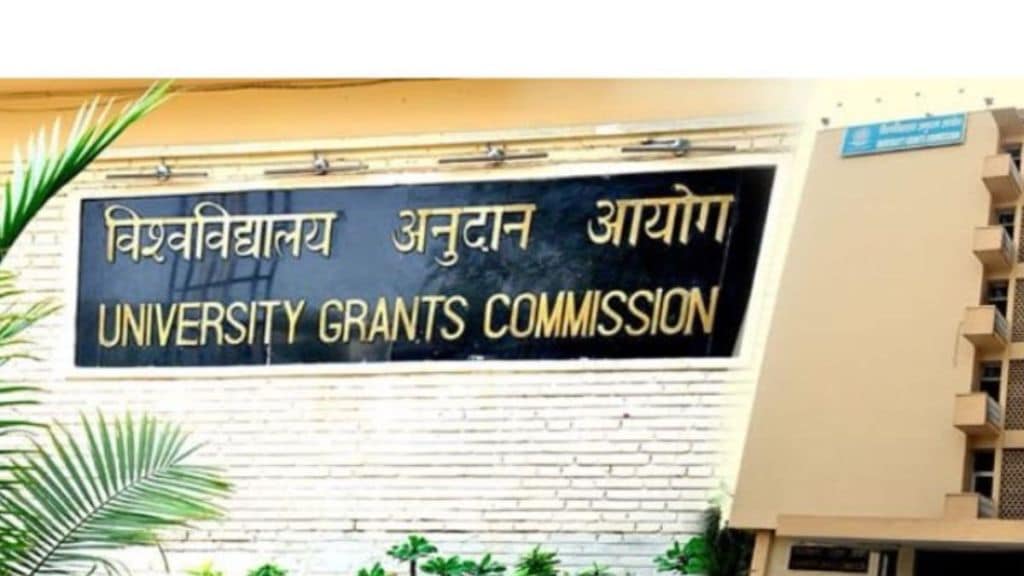The University Grants Commission (UGC) has mandated universities and Higher Education Institutions (HEIs) nationwide to disseminate information about new criminal laws and dispel perceived “myths” surrounding them. Among the debunked myths are claims that the laws threaten individual freedom, aim to establish a police state, and retain sedition provisions under ‘Deshdroh,’ along with allegations of enabling police torture. The UGC has distributed flyers addressing these myths and truths to universities and HEIs.
UGC Secretary Manish Joshi stated, “The Higher Educational Institutions have been requested to publicise the Bharatiya Nyaya Sanhita, 2023 around the themes contained in the flyers and by carrying out campaigns by way of displays through standees, distributing flyers and organizing seminars and talks by lawyers, judges both serving and retired and their respective faculties in their institutions.” The HEIs have also been asked to share the details of the activities undertaken to the Ministry of Education for sending them to the Home Ministry, he added.
The Bharatiya Sakshya Sanhita, 2023, The Bharatiya Nagarik Suraksha Sanhita Bill, 2023, and The Bharatiya Nyaya Sanhita, 2023 were recently passed during the Winter Session of Parliament. These laws will replace the Indian Evidence Act, 1872, the Criminal Procedure Code, 1973, and the Indian Penal Code (IPC), respectively.
The UGC’s flyers address various misconceptions, including the notion that the new laws threaten individual freedom and establish a police state, and that they are a mere repackaging of existing draconian provisions. The flyers clarify that while custody duration has been extended from 15 to 90 days, it is not a provision enabling police torture. Additionally, the UGC highlights changes such as the removal of sedition in favor of ‘Deshdroh’ in Bharatiya Nyaya Sanhita 2023 and the introduction of harsh punishment in hit-and-run cases under the same law.
The new criminal laws bring about significant changes, introducing definitions for children and including transgender in the definition of ‘gender.’ Electronic and digital records are now included in the definition of a document and the definition of ‘movable’ is expanded to encompass property of every description. Notable additions include new chapters on offenses against women and children, ‘inchoate offenses’ (attempt, abetment, and conspiracy), and the inclusion of beggary as a form of exploitation for trafficking.
Moreover, the laws introduce new offenses like organised crime, terrorist acts, petty organized crime, hit-and-run, mob lynching, hiring a child to commit an offense, sexual exploitation of women by deceitful means, snatching, abetment outside India, acts endangering the sovereignty, integrity, and unity of India, and the publication of false or fake news.
With inputs from PTI.


